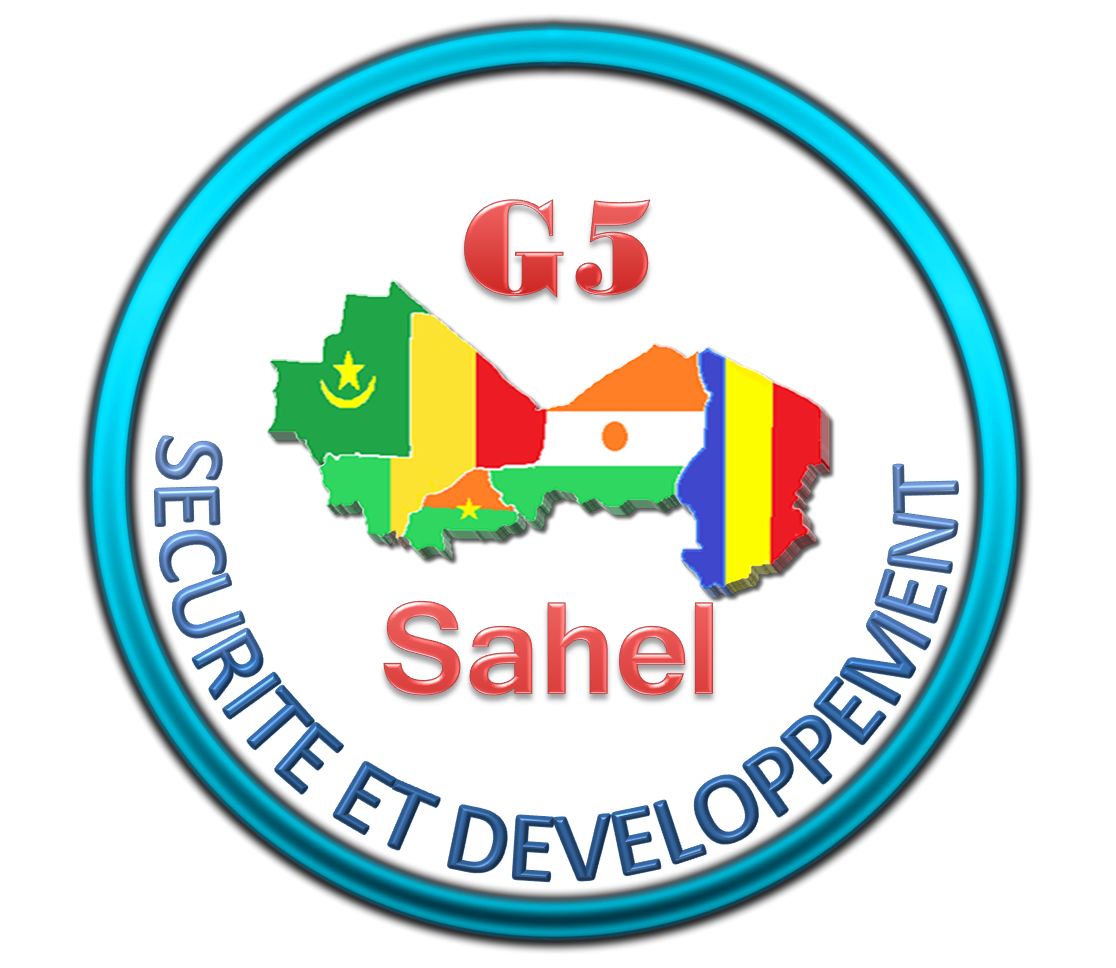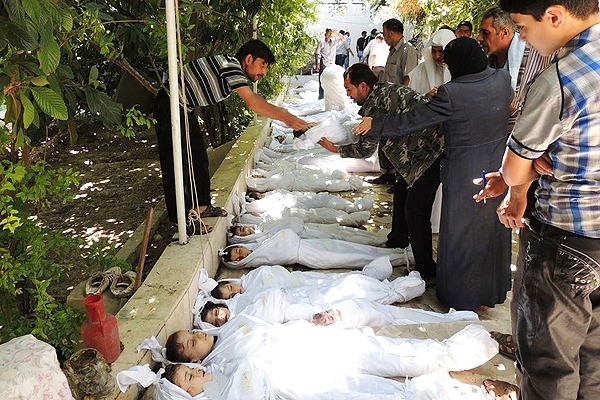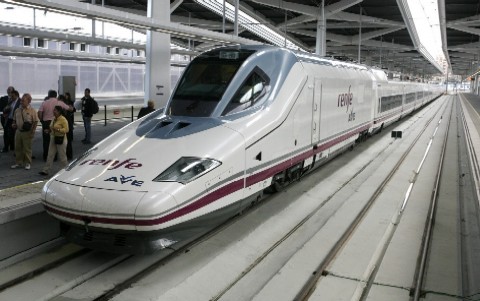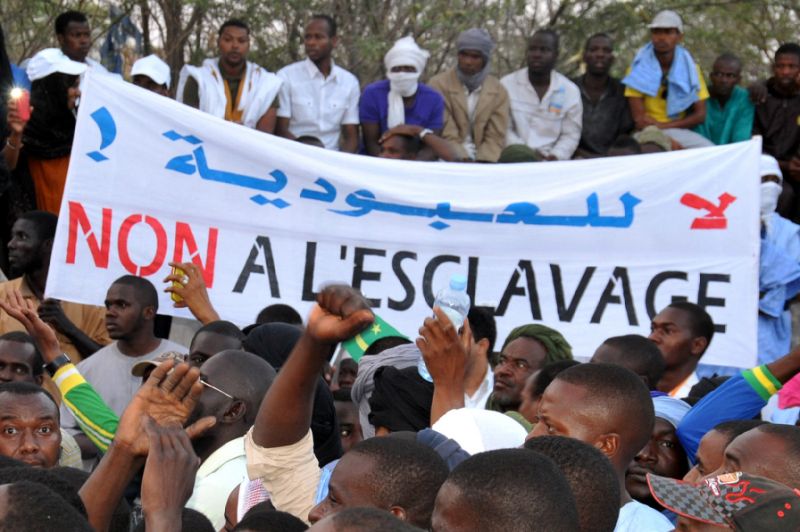The military leaders of Burkina Faso and Niger have announced their countries would follow Mali in quitting the G5 international anti-jihadist force in Africa’s Sahel region, the latest blow to the fight against insurgents in one of the world’s most troubled, conflict-torn areas.
Leaders of the five countries involved in G5 Sahel agreed to deploy a joint anti-terror task force backed by France in 2017, but following a string of military takeovers in the region the junta leaders of Burkina Faso, Mali and Niger have all accused Paris of having an oversize role after years of French deployments on their territories. The G5 has yielded only meagre results, which led Mali to quit the original five-nation force last year and now also Burkina and Niger “have decided in full sovereignty to quit all instances of the G5 Sahel, including the joint force” as of 29 November, according to a joint statement. In a veiled reference to France, both nations added that “the G5 Sahel cannot serve foreign interests to the detriments of our people, and even less the dictates of any power in the name of a partnership that treats them like children, denying the sovereignty of our peoples.”
While Chad and Mauritania are still part of the G5 Sahel force whose military deployment is largely financed by the European Union, Burkina Faso, Mali and Niger formed in September their own mutual defense pact, the so-called Alliance of Sahel States (AES). The military juntas have formed these close ties to combat the long-running jihadist insurgencies raging in the three countries, but also to alleviate the international pressure for a swift return to civilian rule. The big question is what impact this virtual break-up of G5 Sahel will have on the Islamist militant groups that have been growing in strength across the Sahel region. So far there is no evidence to suggest that having soldiers rather than democratically-elected civilian government in charge of running the country makes the population any safer from the threat of these al-Qaeda and IS-linked fighters.



